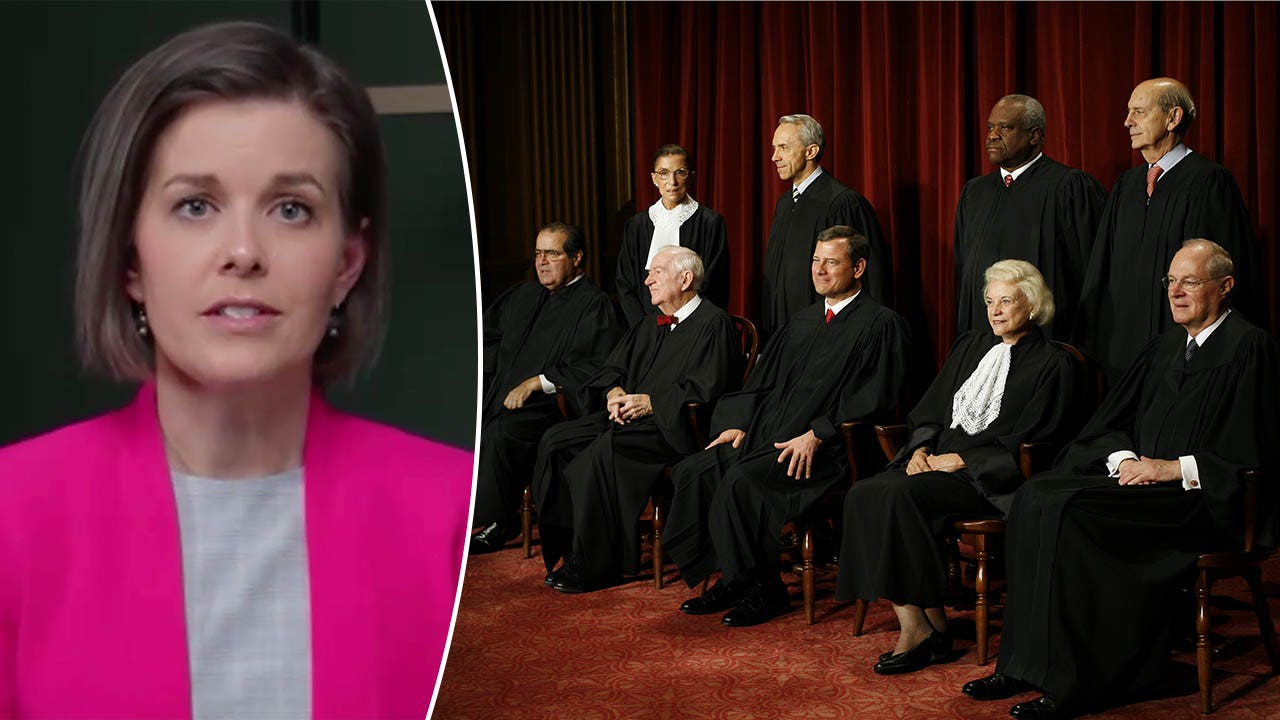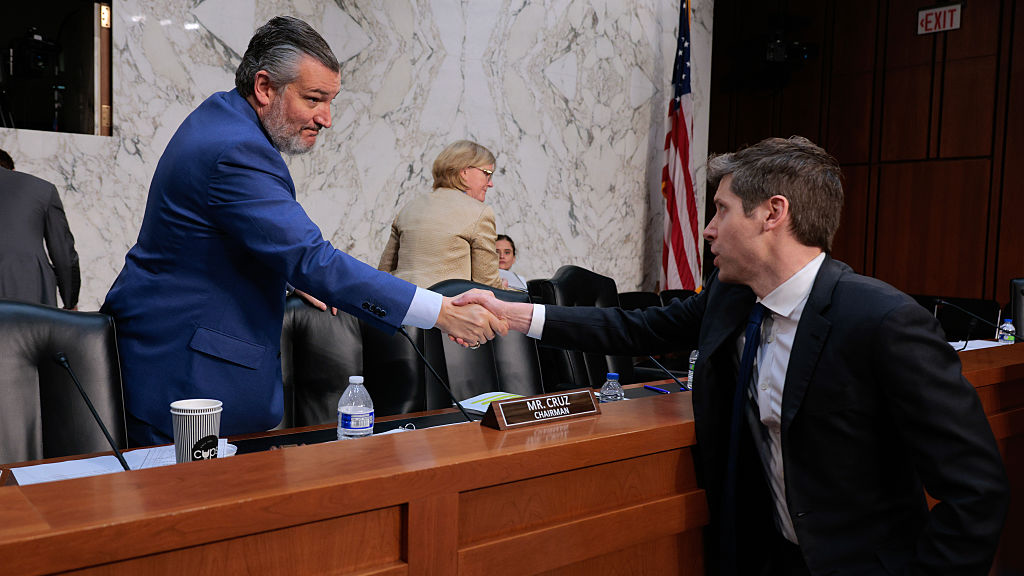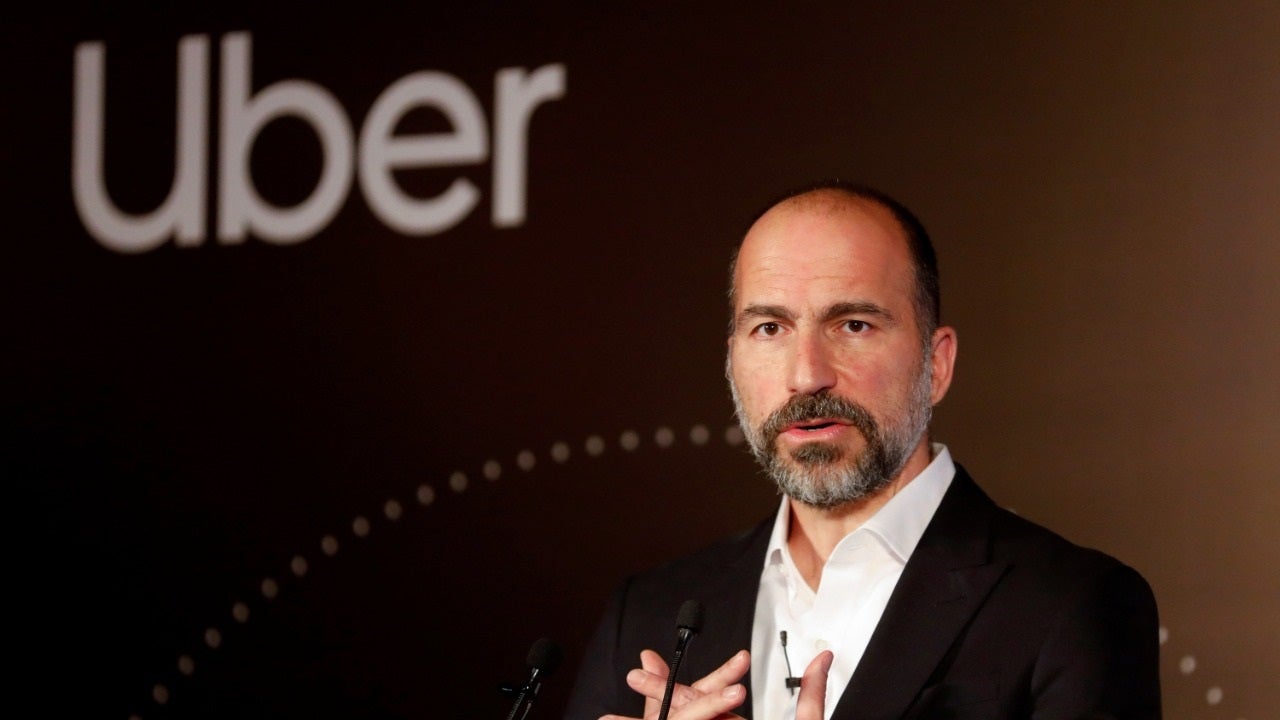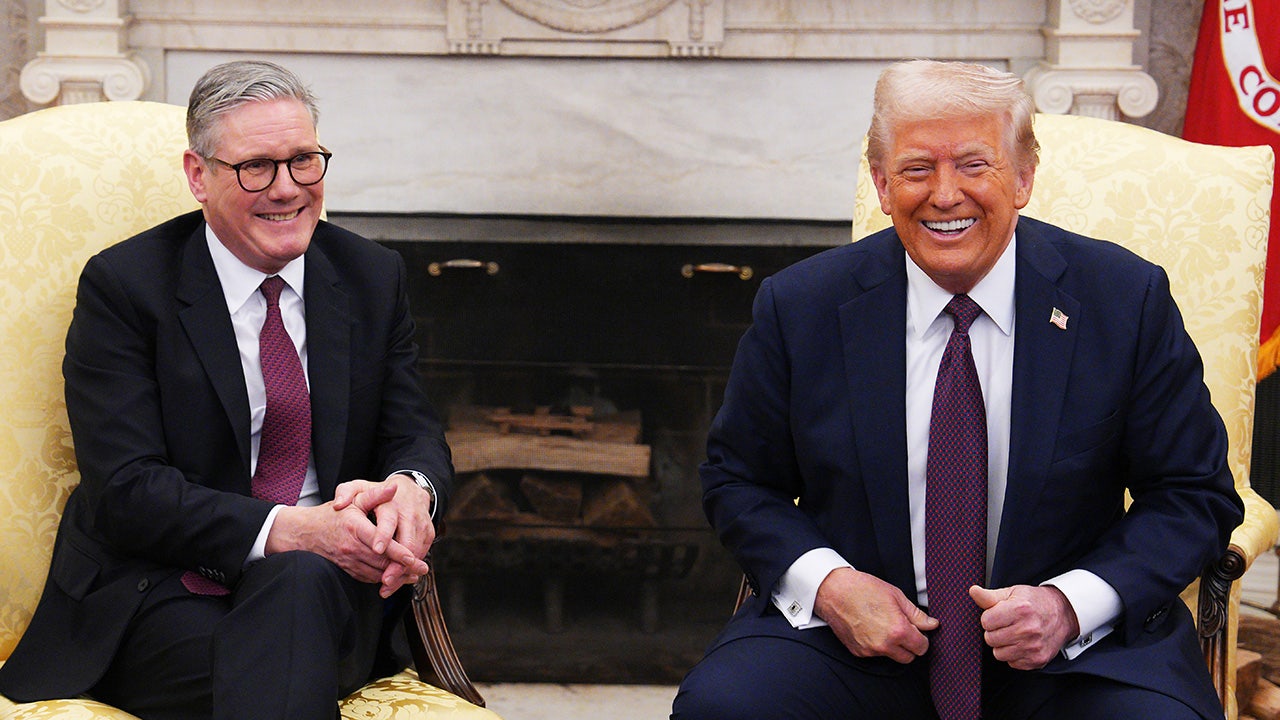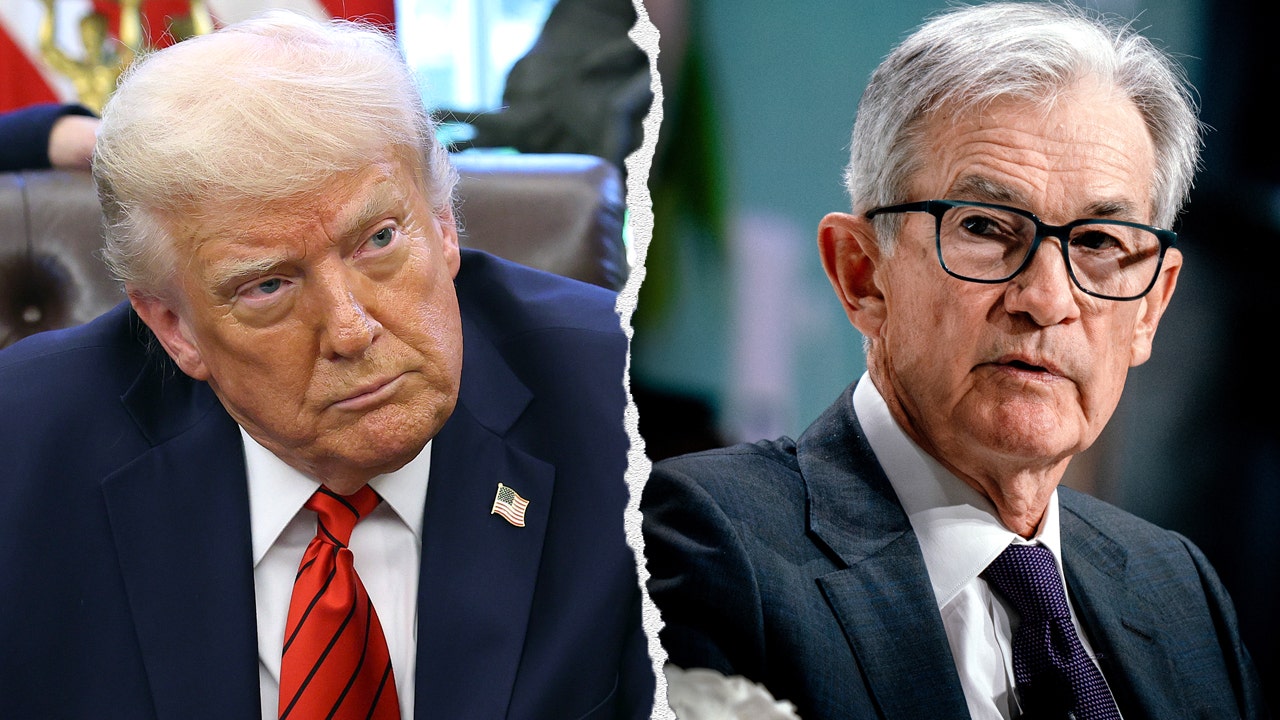OpenAI co-founder Sam Altman joined three other artificial intelligence (AI) and technology executives for a Senate Commerce Committee hearing on winning the global AI race and strengthening domestic capabilities in computing and innovation.
Chairman Ted Cruz, R-Texas, asked Altman, along with AMD chief Lisa Su, CoreWeave’s Michael Intrator and Microsoft vice chair Brad Smith whether the U.S. is ahead of China in the proverbial AI arms race, and if so, how close behind the CCP is.
Altman said he believes that American AI models, including those from OpenAI and Google, remain the “best models in the world.”
“It’s very hard to say how far ahead we are, but I would say, not a huge amount of time,” Altman added.
US TECHNOLOGY CHIEF HINTS AT HOW AI WILL BE USED IN CLASSROOMS
“I think to continue that leadership position and the influence that comes with that and all of the incredible benefits of the world using American technology products and services; the things that my colleagues have spoken about here, the need to win in infrastructure, sensible regulation that does not slow us down, the sort of spirit of innovation and entrepreneurship that I think is a uniquely American thing in the world.”
While the AI sector is technologically complex, Altman said staying ahead of China and other malign actors is not “rocket science,” as American tech innovators just need to “keep doing the things that have worked for so long and not make a silly mistake.”
Su, whose company is in the semiconductor sector like another titan, NVIDIA, added that in terms of tangible tech like chips, the U.S. also has the “best AI accelerators in the world.”
However, Su warned that despite China’s apparent restrictions on the ability to use advanced technologies, there are “multiple ways to do things” and that – as Altman suggested – the U.S. need not get complacent.
OPENAI BACKS OFF PUSH TO BECOME FOR-PROFIT COMPANY
During his testimony, Altman explicitly diverted from his prepared remarks to tell a story about growing up in St. Louis as a “computer nerd” enamored with the internet, and how he taught himself to program at a time of great web innovation.
“I can draw a straight line from that experience to founding OpenAI and getting to work on companies like Helion. The spirit of American innovation and supportive entrepreneurship. I don’t think the internet could have happened anywhere else.”
“And if that didn’t happen, I don’t think the AI revolution would have happened here,” he said. “I am a child of the internet revolution. I have the great honor to be one of the many parents of the AI Revolution. And I think it is no accident that that’s happening in America again and again. . . .”
He said he recently had driven by that same childhood home in Missouri and had seen a light on in the upper bedroom.
“I thought, you know, hopefully there’s some kid in there staying up late at night, playing with ChatGPT, figuring out how he or she is gonna start whatever company comes next and whatever the next thing is after. . . .That is, to me, the magic of this country.”


